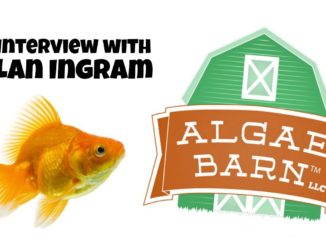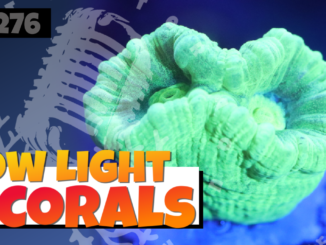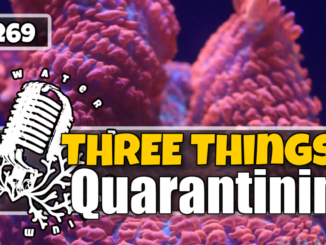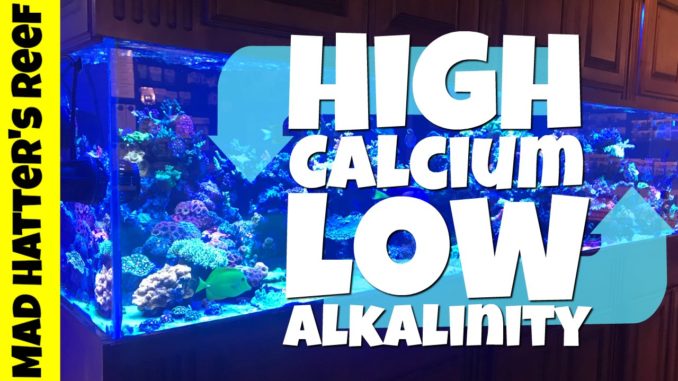
There comes a time in any reef keepers’ life where the battle for maintaining Calcium and Alkalinity can be a struggle. There are not many parameters that I chase but CAL and ALK are two that I do follow very carefully. Recently, I tested my levels and found that my Calcium high and Alkalinity low reef tank… way low. My Calcium was at 490 ppm and my Alkalinity was 7.5 DKH.
The relationship between Calcium and Alkalinity in a reef tank is a tricky one and to avoid disappointing my Chemistry Professor, I’m going to keep it short. But every now and again you will find your high calcium low alkalinity reef tank out of whack.
High Calcium and Low Alkalinity Reef Tank
The video above is my thoughts on how to deal with high calcium and low alkalinity in my reef tank. If nothing else take this as a public service announcement on testing calcium and alkalinity as well as other reef tank parameters weekly.
How to Fix High Calcium and Low Alkalinity
How I went about fixing my high calcium low alkalinity was a very simple plan. I stopped dosing CAL all together and increased my ALK dosing. This worked well for a while but ultimately wasn’t enough. Eventually, I had to go to water changes to correct the issue.
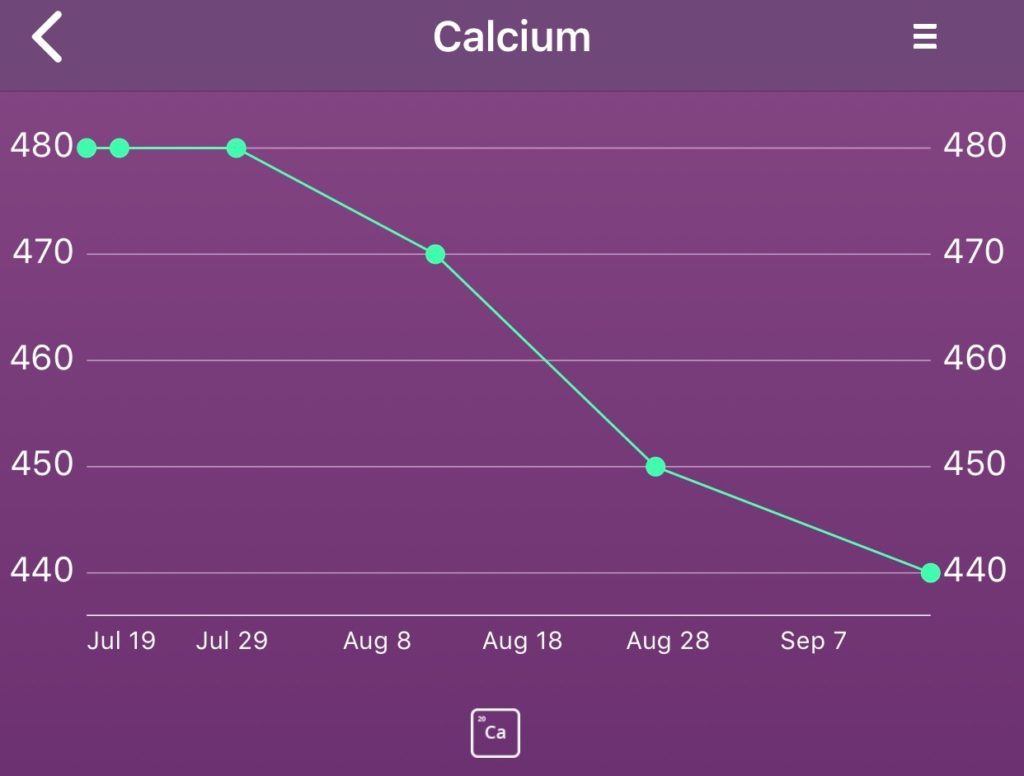
The Screenshots I’ve included are from ReefTrace app. It shows my progression of correcting my high Cal and low Alk. One thing I would like to mention is taking your time making this adjustment, nothing good happens fast in a reef tank.
My CAL was sitting around 490 ppm and it took a few weeks to move it just a small amount in the right direction.
Most of this was me just hoping that shutting down the CAL side of the dosing pump was going to do the trick. It wasn’t until the first week of August that I realized I needed to start doing water changes.
Once I got the needle moving it wasn’t long before I had my calcium where it needed to be. Between stopping dosing of calcium, regular water changes, and normal CAL consumption within the tank it was corrected over time.
If you enjoyed our article or you are new to Mad Hatter’s Reef please take a moment to sign up for our FREE newsletter and like our Facebook page to stay up to date on all things related to saltwater aquariums.


